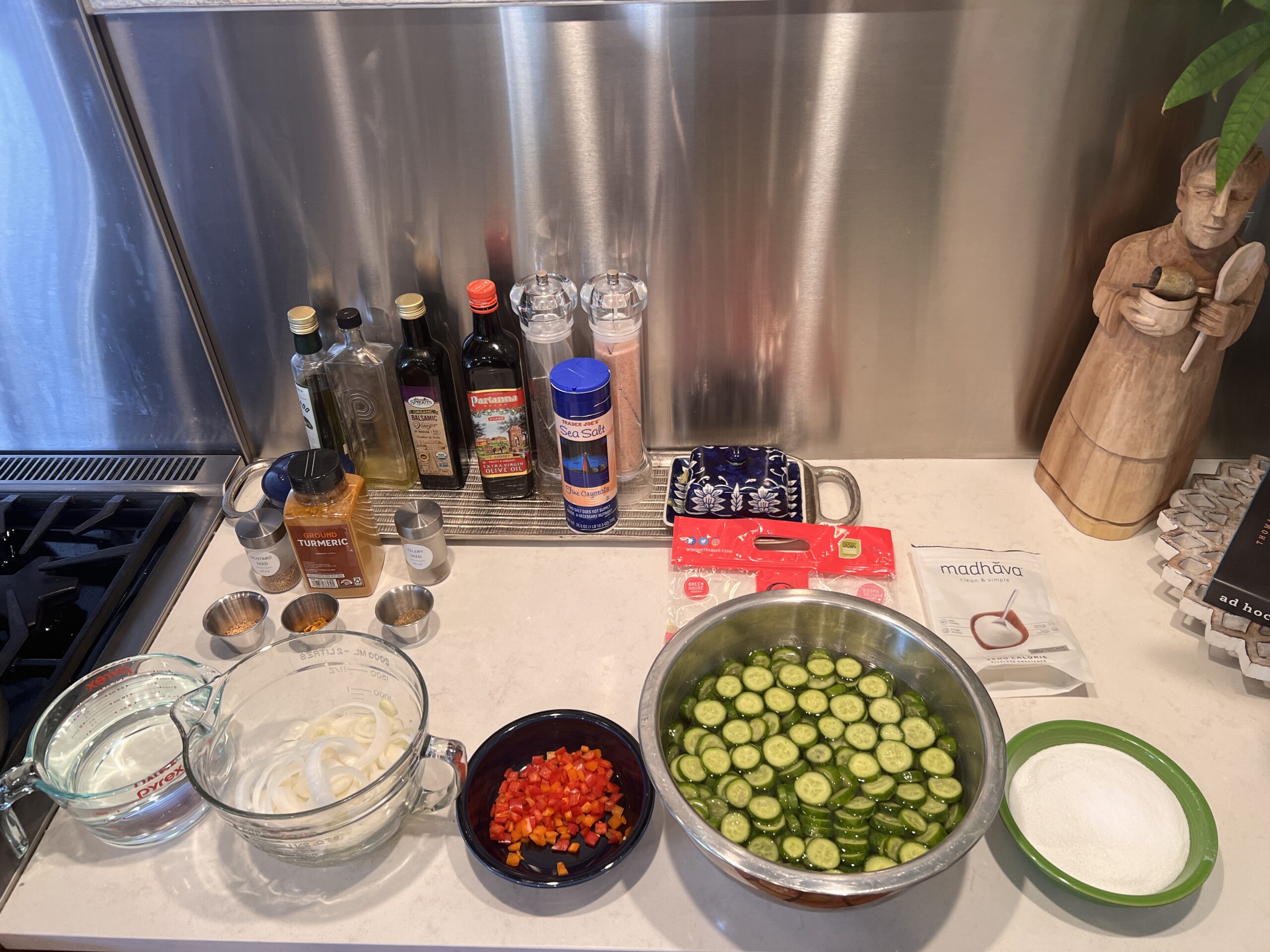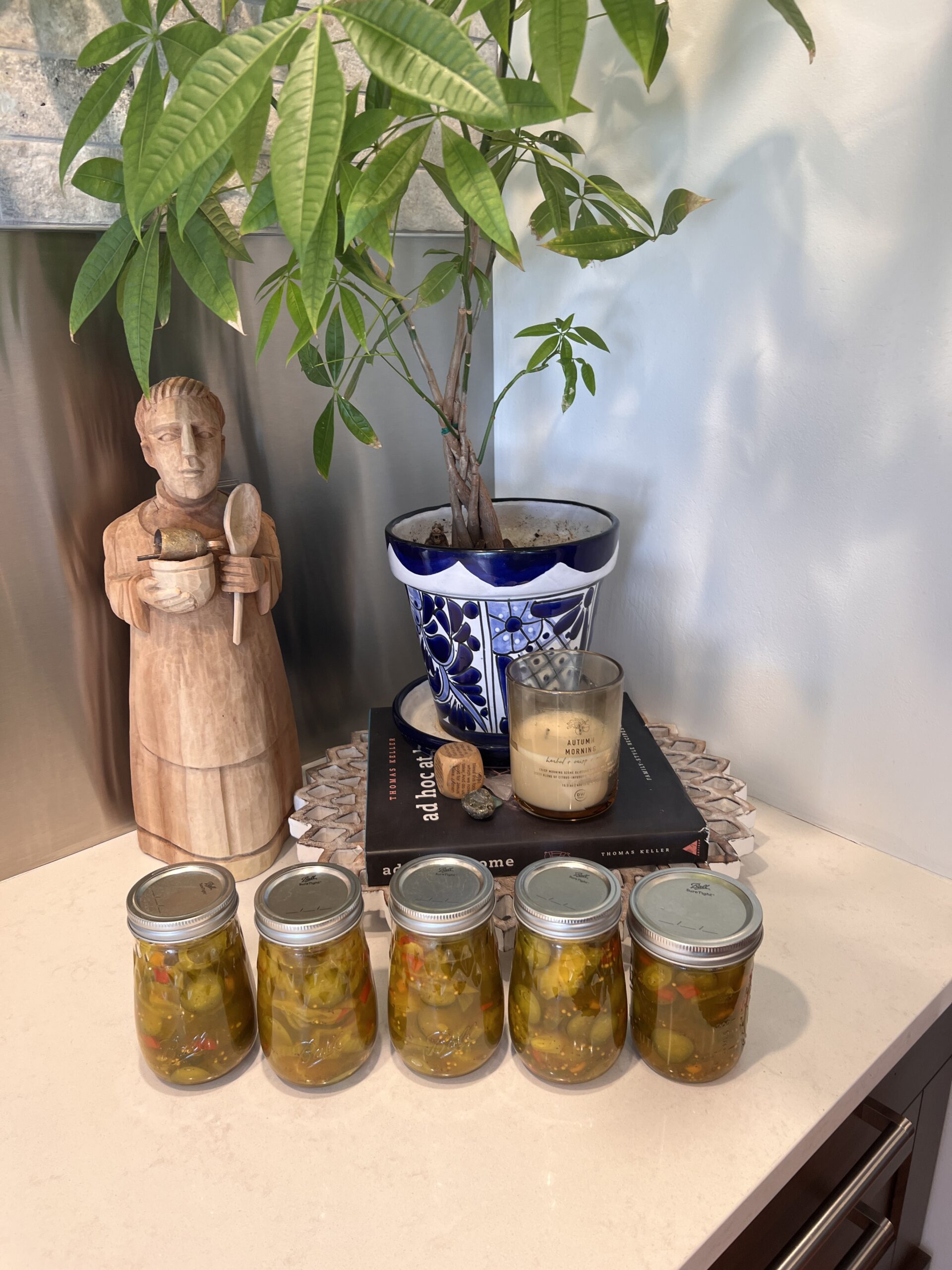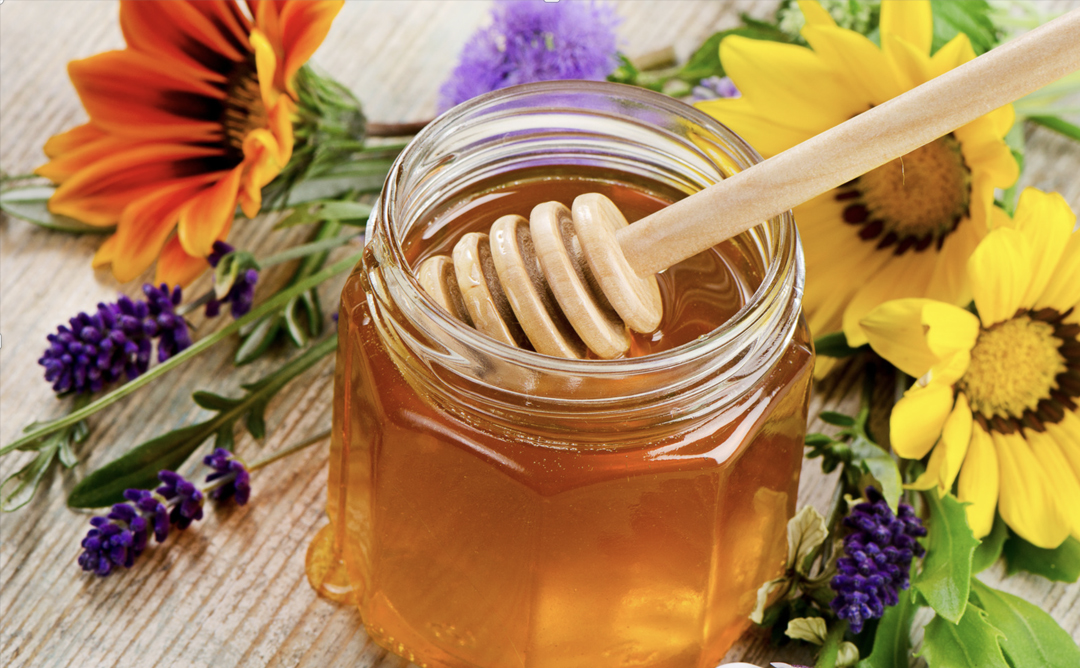
Embrace the Natural Healing Powers of Cinnamon this Fall!

Embrace the Natural Healing Powers of Cinnamon this Fall!
As the leaves change and the air turns crisp, nature offers its own remedies to keep you healthy and vibrant. At The Earth Heals, we believe in harnessing the Earth’s incredible healing abilities, and today, we’re diving into the magic of Cinnamon for the fall season!
? Cinnamon: A Spice of Wellness ?
? Warmth: Cinnamon’s inviting, spicy aroma warms the soul and body, making it the perfect fall companion.
? Anti-Inflammatory: This natural wonder has powerful anti-inflammatory properties, offering relief from aches and pains that cooler weather might bring.
? Blood Sugar Regulation: Cinnamon may help regulate blood sugar levels, making it a sweet ally for those mindful of their health.
? Versatile Flavor: Add a dash to your oatmeal, sprinkle on roasted sweet potatoes, or stir into your morning coffee. Cinnamon elevates the flavor of fall dishes.
? Immune Support: Boost your immune system with Cinnamon’s antioxidants, fortifying your body against seasonal challenges.
? Holistic Healing: Nature’s remedies, like Cinnamon, remind us of the Earth’s incredible healing powers. Let’s embrace them!
There are several types of cinnamon available, but two of the most common varieties are Cassia cinnamon and Ceylon cinnamon. The best type of cinnamon to buy depends on your preferences and intended use:
Ceylon Cinnamon (Cinnamomum verum):
Also known as “true” cinnamon.
Considered the premium and more expensive variety.
Sweeter and less spicy compared to Cassia cinnamon.
Contains lower levels of coumarin, a compound that can be harmful in large amounts, making it a safer choice for regular consumption.
Ideal for recipes where a delicate and sweet cinnamon flavor is desired, such as desserts, baking, and sprinkling on beverages.
Cassia Cinnamon (Cinnamomum cassia):
More commonly found in North America and often labeled simply as “cinnamon.”
Has a stronger, spicier flavor compared to Ceylon cinnamon.
Contains higher levels of coumarin, which may be of concern if consumed in large quantities over an extended period.
Often used in savory dishes, like curries and stews, as well as in some baked goods and beverages.
Choosing the best type of cinnamon ultimately comes down to your personal taste and intended culinary use. If you prefer a sweeter and milder cinnamon flavor and plan to use it frequently, Ceylon cinnamon is the better choice. However, if you enjoy the bolder, spicier flavor of traditional cinnamon and use it sparingly, Cassia cinnamon may be more suitable.
Regardless of the type you choose, make sure to buy high-quality, organic cinnamon whenever possible to ensure purity and avoid potential contaminants.
? Join the Conversation ?
Share your favorite Cinnamon-infused fall recipes or tell us how you harness the natural healing abilities of spices this season. Let’s celebrate the Earth’s gifts together! ?
Disclaimer: We are an affiliate of many companies, which means that we may receive a commission if you click on our affiliate link and make a purchase. However, this does not affect our reviews and comparisons. We strive to provide honest opinions and recommendations based on our own experiences and research. Any product claim, statistic, quote, or other representation about a product or service should be verified with the manufacturer, provider, or party in question.











